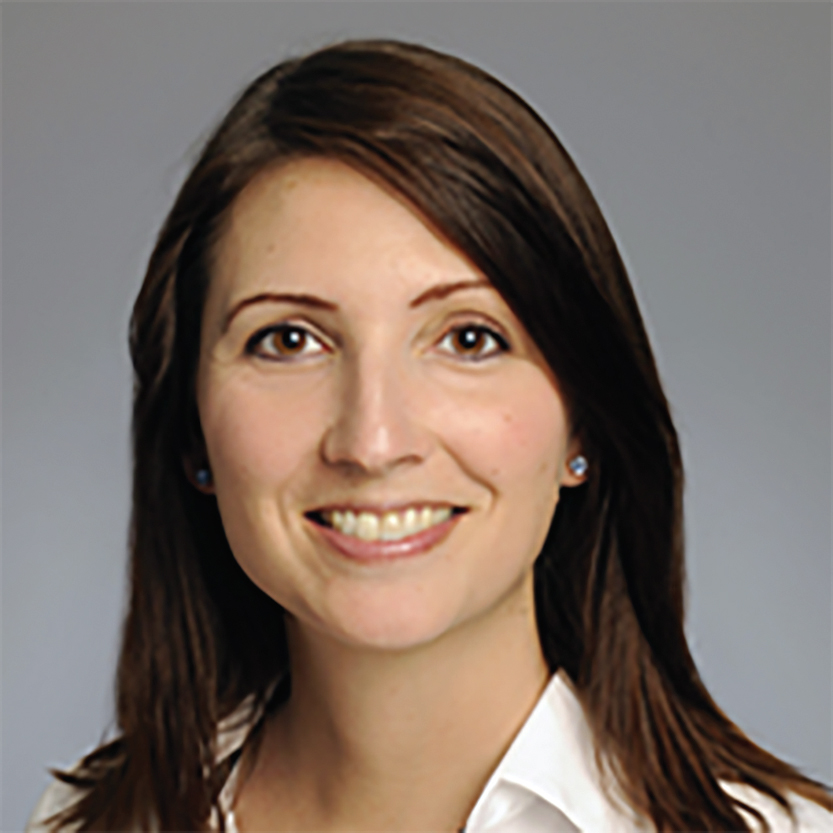
A hallmark principle of social work is meeting clients where they’re at. This means taking time to understand where they come from, what might be influencing how they are navigating the healthcare system, and how their cancer diagnosis personally affects them.
Cancer does not discriminate. Therefore, the patient population is very diverse. Most patients with cancer, even those with an optimistic prognosis, experience a great amount of fear and loss. The life-altering effect of cancer, and the ripples of trauma it leaves behind, makes this diagnosis unique from other illnesses.
One aspect I love about being an oncology social worker is the interdisciplinary teamwork. Collaboration between social workers, nurses, doctors, pharmacists, dietitians, and many other healthcare professionals can give everyone a much clearer picture of where a patient is coming from. It also helps us identify a patient’s unique needs. I think one role of a social worker is to pull all the disciplines together for the common goal of meeting whatever those needs may be.
Like oncology nurses, clinical social workers do initial assessments when they first meet a patient. A social worker’s assessment is meant to determine the patient’s understanding of their illness, identify social and emotional barriers to treatment, and uncover practical concerns. Hopefully, we can identify these barriers to care early on and provide patients with resources to navigate treatment.
I ask a lot of open-ended questions so patients can explain to me, in their own words, what is affecting them and why. I find this leads to a better understanding of how a patient’s background influences where they are emotionally and how I can best help them cope.
Another ethical principle of social work is self-determination. When assessing a patient, I try to help them learn to help themselves. Some patients need more help than others, but it’s my job, and my honor, to make sure everyone knows they deserve to feel supported.
Patients from lower socioeconomic classes can have lower health literacy, seek health care less often, and are more likely to be uninsured. They may lack resources like the finances to afford their medications, reliable transportation, or adequate housing. They can also have underlying mental health illness or substance abuse issues or lack understanding about their diagnosis and treatment plan. The Centers for Disease Control and Prevention’s website provides an overview on social determinants of health and offers resources for clinical recommendations, policy reform, and research.
By maintaining an open mind and a willingness to learn about any patient’s unique background, oncology nurses aid social workers and other members of the interprofessional team in navigating patients through the healthcare system. Avoid making assumptions, passing judgement, and placing unfair labels on patients who we infer as difficult. If a patient is nonadherent, just ask them why. It is a simple solution that’s often overlooked, but it could uncover a barrier we didn’t consider.






